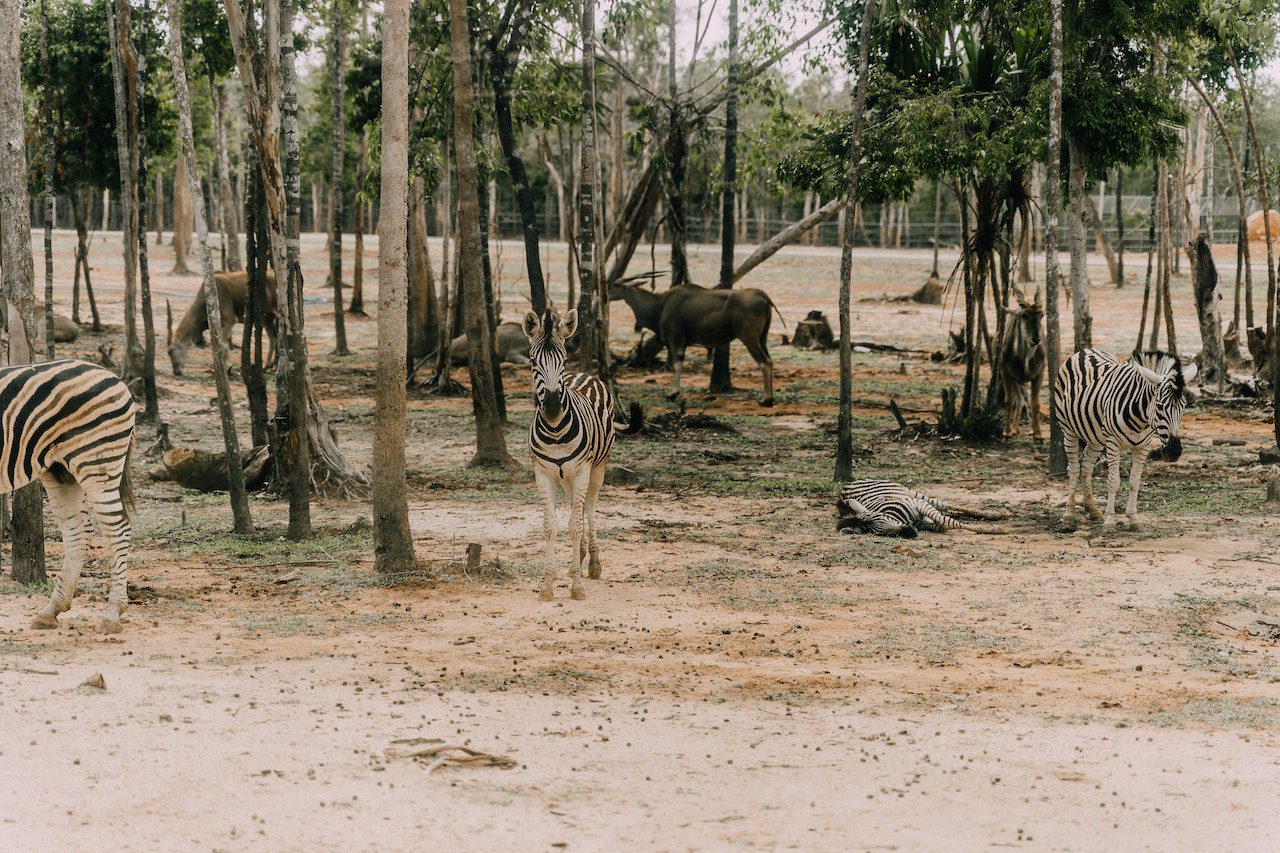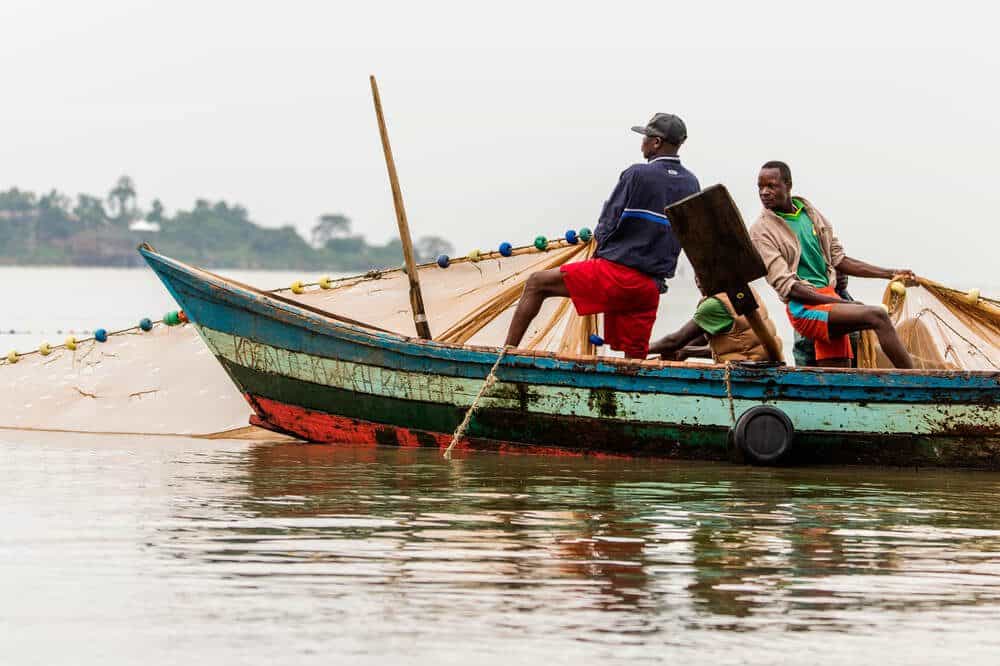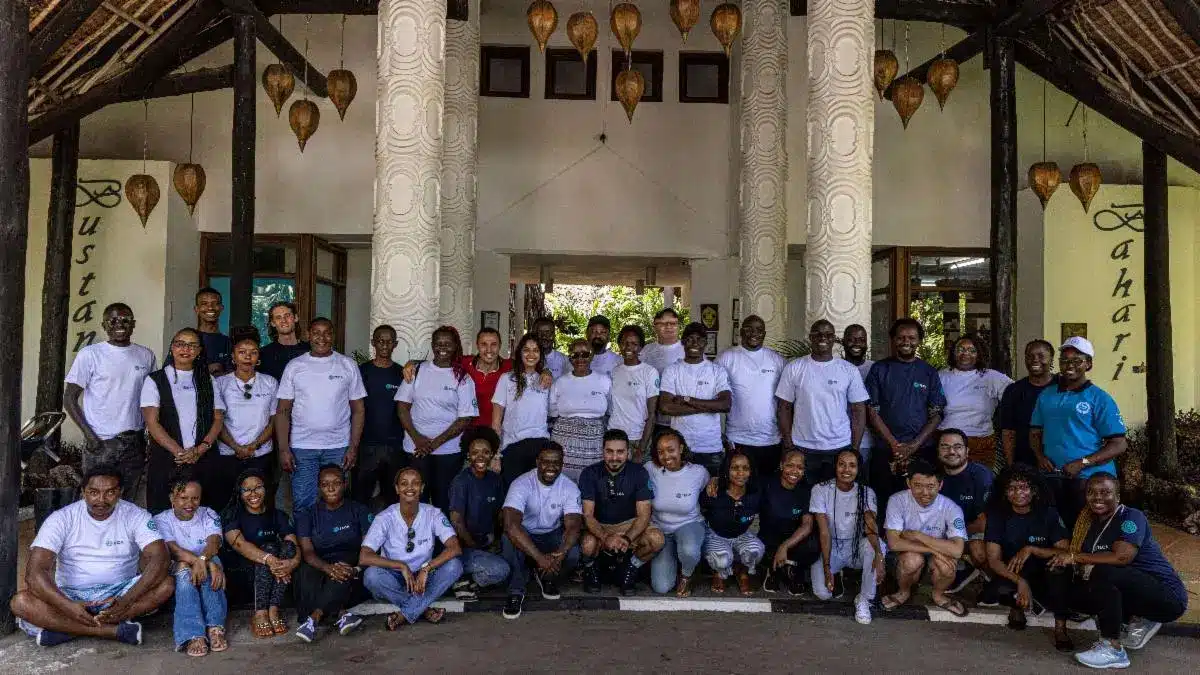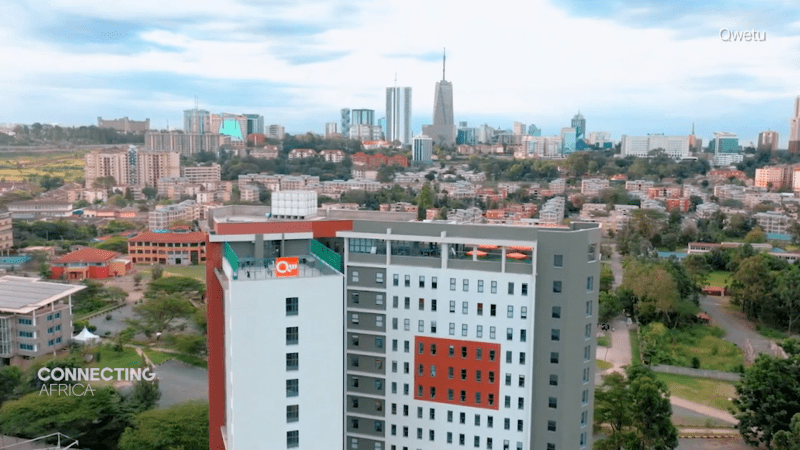Environment-related and impact investments have grown substantially in recent years, with more than $1 trillion in impact investing assets under management globally. About $578 billion in green bonds were issued by 2021, with double-digit increases each year.
But very few of those climate-related investments are making it to the world’s lowest-income countries. It’s partly due to a lack of willingness from major donors to cough up funding they’ve promised, and partly due to lower risk appetite as interest rates and debt burdens mount.
This week we look at how carbon credits or other investments might offer an opportunity to unlock climate finance on the African continent.
- One carbon credit is equal to 1 metric ton of greenhouse gas that is reduced, sequestered, or avoided. Global carbon markets, where those credits are exchanged, are valued at over $2 billion. But Africa accounts for just 2% of trading. The existing market is fragmented and complex, and high-quality carbon credits are scarce because accounting and verification methodologies vary quite a bit, writes Devex contributor David Njagi. But the global markets could be worth more than $50 billion by 2030 — which certainly seems worth tapping.
- Enter the Africa Carbon Market Initiative, which was launched during last year’s United Nations Climate Change Conference. It aims to rapidly increase the production of African carbon credits while ensuring that revenues are transparent, equitable, and create jobs. Ensuring that local communities actually see the payout is key.
- Another way to attract climate finance is for Africans to take advantage of the growing demands for the critical minerals required for the global energy transition, Samaila Zubairu, president and CEO of the Africa Finance Corporation, recently told me. Rather than shipping raw materials — which itself increases emissions — countries want to do more processing at the source but local projects will need outside funding to do so, he said. He hopes the push for lower emissions and more electric vehicles, along with the current geopolitical situation, can lead to more investment on the continent, and in turn more jobs and development.
- While financial institutions have increasingly focused on impact and environmental and social investing, hopes that the trends would drive more money to low- and middle-income countries haven’t really translated to reality so far. Mainstream investors are still focused on financial returns and see too much risk in investing in these markets, Bill Sonneborn, global director of disruptive technology and funds at the International Finance Corporation, told me recently. But he’s not entirely pessimistic: Eventually, these investors will have to invest in these markets, he added.
Call to action
“It’s urgent that we get progress and that progress consists of concrete resolutions of debt that greatly helps countries reach sustainability.”— David Malpass, president, World Bank
A new pot of gold?
You heard it here first: The World Bank will set up a new “crisis facility” for the world’s lowest-income nations and Ukraine as it works to prevent more backsliding on key development priorities including health and education. The bank’s member countries support the new funding mechanism, Axel van Trotsenburg, the World Bank’s senior managing director, tells my colleague Shabtai Gold.
Now it’s up to the board to approve the move, so donors can start ponying up. Approval could come as soon as next month. Van Trotsenburg conceded that donor countries face stress at home over budgets and that asking for more money is delicate. “What I’m doing is stressing them even further,” he says but noted that these are “crisis times” for the world’s poorest people.
This facility would sit within the International Development Association, the bank’s fund for the lowest-income nations that offers highly concessional loans and grants. The IDA funds, which typically are replenished in three-year cycles, will also drop off in coming years because of the World Bank front-loaded spending. And whether donors will put in more cash to support IDA is a key debate around the ongoing reform efforts.
Money, money, money
$204 billion —
That is the total aid spending of OECD’s Development Assistance Committee member countries in 2022. It’s up 13.6% from the previous year.
A lot of the increase in spending went to supporting refugees and Ukraine, including European donors supporting refugees within their own borders. Aid to the group of least developed countries and to sub-Saharan Africa fell slightly, according to Devex Senior Development Analyst Miguel Antonio Tamonan.
A new day
The New Development Bank issued a $1.25 billion green bond last week, the first dollar bond issuance since Russia’s invasion of Ukraine. The development bank of the BRICS emerging market nations, made up of Brazil, Russia, India, China and South Africa, has faced challenges raising money on the capital markets, as Moscow is a major shareholder.
None of the money in the latest bond will go to Russia, and the bank has had to pay a risk premium on the funding. But the bank’s Chief Financial Officer Leslie Maasdorp tells Shabtai that “This is a major step forward because now we’re starting a new journey.”
Read original article












